What is Organic Wool?
Do you want to know more about organic wool? What are the benefits of it, and why is it better than other bedding materials? If so, this article is for you. Natural wool provides many benefits that cannot be found in synthetic fibers or cotton.
It can help reduce allergies and asthma symptoms by removing dust mites from bedding and mattresses. On top of all these benefits, wool looks nicer than polyester sheets! There are also a few drawbacks to consider before making your purchase decision.
This article will give you some information on what to look for when buying an organic mattress or bedding set.
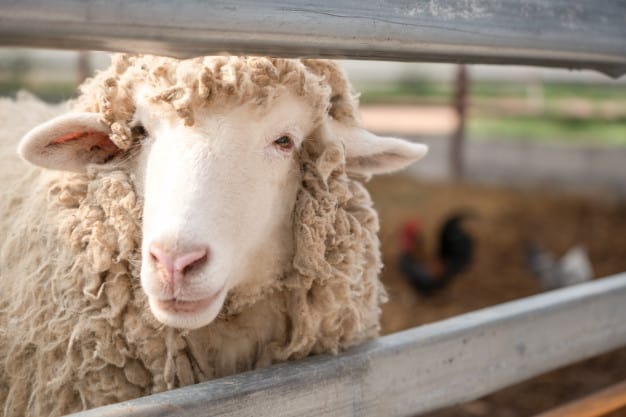
What Makes Wool Organic?
Organic wool is made from sheep that are raised on organic farms that don't use pesticides, herbicides or chemical fertilizers.
A certification process is in place to ensure the wool meets these organic standards and can be labeled as "certified" by one of two agencies: The Global Organic Textile Standard (GOTS) - a nonprofit organization - or USDA National Organic Program (NOP).
The outer wool fiber must be free of non-organic pesticides and herbicides, while the inner coat can contain some chemicals as long as they are naturally derived. The sheep cannot have been treated with antibiotics or growth hormones either.
Their feed also has to come from organic sources certified by a third party auditor. As additional assurance that all wool is "100% Organic", GOTS requires that certified organic wool fabrics be processed only in facilities that are also GOTS certified.
USDA Organic certified wool products are not subject to any such limitations. Certified wool fibers can be dyed with a wide range of colors, and there is no restriction on finishing the fabric in various ways, for example, organic fabrics that have been mercerized or given tencel finishes still qualify as organic.
How Are Organic Wool Yarns Cleaned?
Organic wool yarns are cleaned in a process called "wool scouring". What distinguishes wool scouring from the more conventional chemical treatments is that it employs natural mineral- or plant-based detergents instead of chlorine bleach, peroxide compounds like sodium permanganate (used for removing excess dye), petroleum distillates such as naphtha/petroleum spirits used with some greases on raw fibers before spinning.
Also, no synthetic surfactants which could leave residues behind when they are rinsed off at completion.
The resultant "scoured" product can then be processed by methods ranging between wetting out followed by drying without further cleaning up any impurities if desired, or fully washed using hot soapy baths until all residue has been removed.
The wool is scoured by machines, usually stainless steel tanks with a rotating arm that stirs the material and scrapes off dirt from its surface while simultaneously bringing fresh water in contact so as to remove any impurities, or simply stirred mechanically for hours under running warm tap-water until all traces of organic matter have disappeared.
FAQs
Is Merino Wool Organic?
Merino wool comes from merino sheep, which are not typically raised organically. However, some wool producers raise merino sheep under organic conditions and produce the fleece as an "organic" product. Many do so because of consumer demand for such products.
The Merinos will be fed certified-organics foods made from corn or other grains that have been grown without pesticides to help promote a healthy coat on their skin. In addition they would also get access to clean water at all times.
What is GOTS Certified Organic Wool?
GOTS certified wool is made from sheep that are raised under organic and eco-friendly conditions in addition to being fed certified-organic food. GOTS wool is free of artificial pesticides and chemical fertilizers.
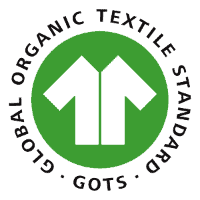
The certification process covers the entire supply chain, from grazing land to manufacturing. The GOTS label guarantees that all materials are ethically sourced. In addition, they meet strict environmental standards, such as the elimination of harsh chemicals and sustainable harvesting.
Also, when it comes to working conditions, GOTS is committed to ensuring that all workers are treated fairly in addition, the process of making these products uses renewable energy.
Read More: How to Wash Wool Comforters?
What Does the Quality of Wool Depend on?
There are many factors that affect the quality of wool. The most important factors are:
The type and grade of sheep's fur, which determines whether it is a light or heavy weight fiber. Also, this will dictate how long its natural crimp can be before being cut during processing to achieve desired fabric density levels.
For example, if you want more warmth in winter time, then go with heavier wools like Merino Wool from New Zealand as opposed to cashmere fibers coming all way form China because they have fuzzyness so might not feel warm enough when touching them on skin. These types of pure wool suit different needs.
Another factor that affects wool quality is the location of the sheep's natural habitat. Wool from a dry landscape will be rougher and more durable than wool coming form an animal that spends time in wet grasslands.
For example, sheep from New Zealand will have a coarse texture and feel, while sheep rised in England will have a finer texture. Australian wool, on the other hand, is softer and more fine textured.
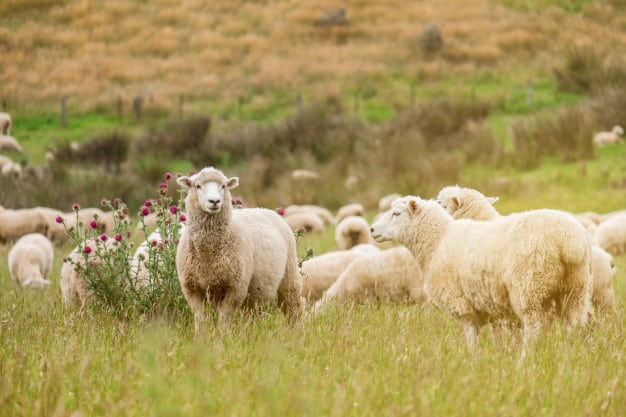
How Can We Judge the Quality of Wool Bedding?
To know if your wool bedding is of high quality, make sure that it is made of 100% wool, not a blend. Make sure that the fiber content on your fabric panel lists "100%" Wool and if there are other fibers listed in small font, they should be organic as well. If you find any tags with care instructions or material composition always follow them.
So how do we judge quality? With so many great brands to choose from, here's what professionals say:
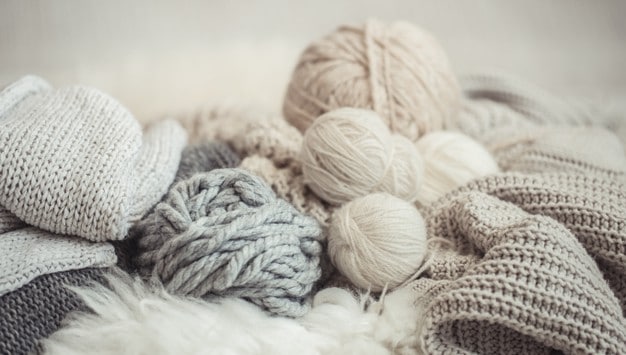
What Are the Steps in the Organic Wool Production Process?
The process of making natural wool is as follows:
What Are the Benefits of Wool with Organic Certification?
The main benefits of natural wool are that it's durable, hypoallergenic and sustainable. Organic wool has natural properties which make the fiber more resilient to wear than other fabrics like cotton for example!
This means that certified organic wool bedding will last a lot longer before needing replacement - great news if you're looking at saving money in long-term maintenance costs as well over time too because of this added durability factor here.
Wool is also naturally fire resistant (given its thermal insulation) so your risk levels are reduced there during sleep given these factors along with reducing your exposure to harmful chemicals thanks to the absence of toxic fire retardants.
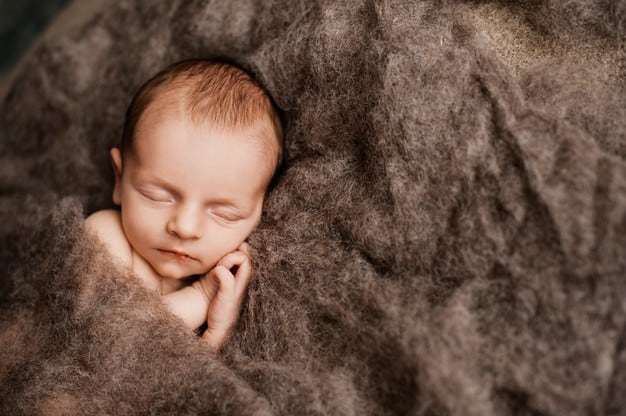
What Are the Disadvantages of Organic Wool?
The disadvantages of wool are few and far between, but they are worth mentioning here. For example:
Is Woolmark Certifed Wool Organic?
Woolmark certified wool is organic. Woolmark certified wool is not necessarily a guarantee of it being 100% pure, but it does show that the sheep's life was at least free from chemicals and other harmful substances.
Woolmark certified wool is also not guaranteed to be free of all harmful chemicals, but it should have been treated with the lowest level possible.
Woolmark certified wools are a step in bettering conditions for sheep and other animals that live on farms where they produce their materials.
The certification serves as an accountability measure so consumers can feel confident buying products made from these fibers since there will always exist some risk when you buy something without knowing its origins or how much treatment has gone into making them what we wear today.
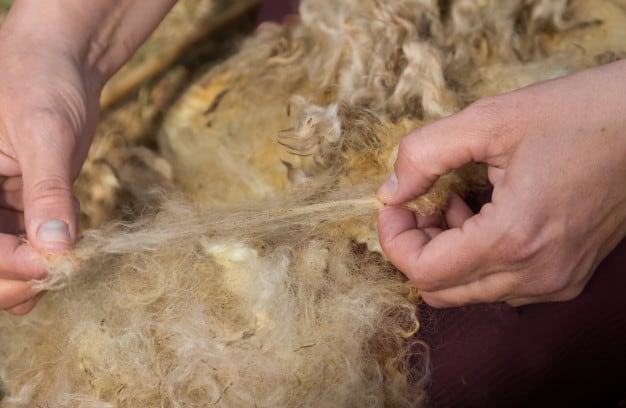
Conclusion
Buying organic wool bedding with organic certification is a great way to help the environment and your own health. Wool is a natural, environmentally-friendly material that has many benefits.
The best thing about organic bedding products is their durability. They're going to last longer than other fabrics so it will be worth every penny in savings from having less expenses on replacements because of wear over time.
To find the best organic wool products for home, check our wool comforter reviews, organic mattress reviews, as well as out list of the best organic bedding brands.

